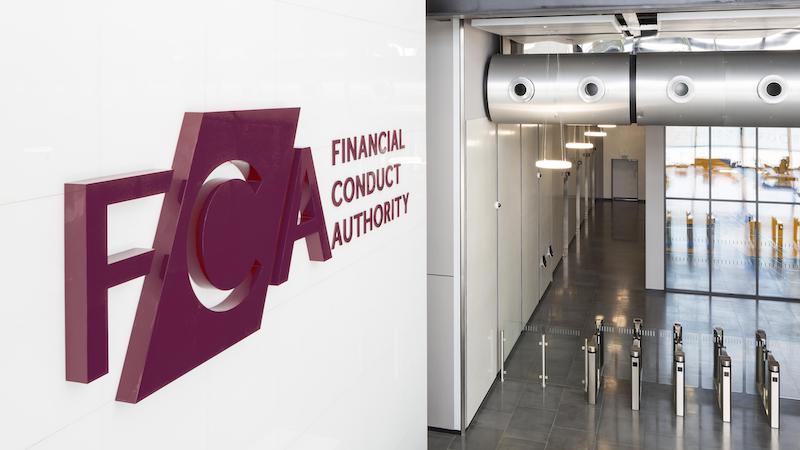The Financial Conduct Authority is handing more decision-making responsibility to individual senior managers, rather than committees, as it works to become more robust and efficient, it said on Tuesday.
As part of this reform, the City watchdog has overhauled its authorisation process and created two director of authorisations roles.
Filling one of the positions is Laura Dawes, who joined the FCA in 2011 and is currently interim director of strategy, policy, international and intelligence at its enforcement and market oversight division.
She will be joined by Dominic Cashman, who is head of integration and transformation at interdealer broker TP Icap. Details of what the roles entail was not provided, but both will take up their new positions by early May.
A third senior hires will see Craig Chapman join the FCA as finance director in May. He is currently chief financial officer at RTX RouteTrader, a fintech operating in the telecoms sector.
He previously held senior finance roles at commodities trader EF&F Man, as well as Barclays Capital.
Emily Shepperd, chief operating officer and executive director of authorisations at the FCA, said: “Tackling the risk of consumer harm starts when firms apply to us for authorisation. Dominic and Laura will lead this vital part of the regulatory system.
“Craig is an experienced chief financial officer who will play a central part in making sure we have the right resources and we’re using them in the best way possible to meet our important objectives.”
Sweetening the recruitment pot
Alongside the three senior appointments, the FCA boasted of having recruitment 95 people to fill “new authorisation roles”.
Again, exactly what these roles entail is not made clear, but what is apparent is that recruitment and retention have been big problems for the UK watchdog.
It undertook an internal consultation on changes to pay structures and benefits in September last year.
In March, the FCA set out a new employment offer designed, “to reward strong, consistent performance, aid career development and close pay gaps”.
It pledged to increase the salaries of around 800 of its lowest paid employees by £4,310 to meet a minimum new pay benchmark, “with other salary increases and performance-related pay, taking overall increases for them to an average of around £5,500”, the FCA added.
“These increases come with higher pension contributions and flexible benefits. Additionally, colleagues who meet their performance targets, approximately 85% of colleagues, will receive salary increases of at least 5% this year and 4% in 2023.”
A one-off, backdated cash payment equivalent to 4% of salary in April will be paid to those meeting performance objectives.
However, discretionary cash bonuses will be removed from next year, with a final payment for the “highest performing FCA colleagues” made in May.











